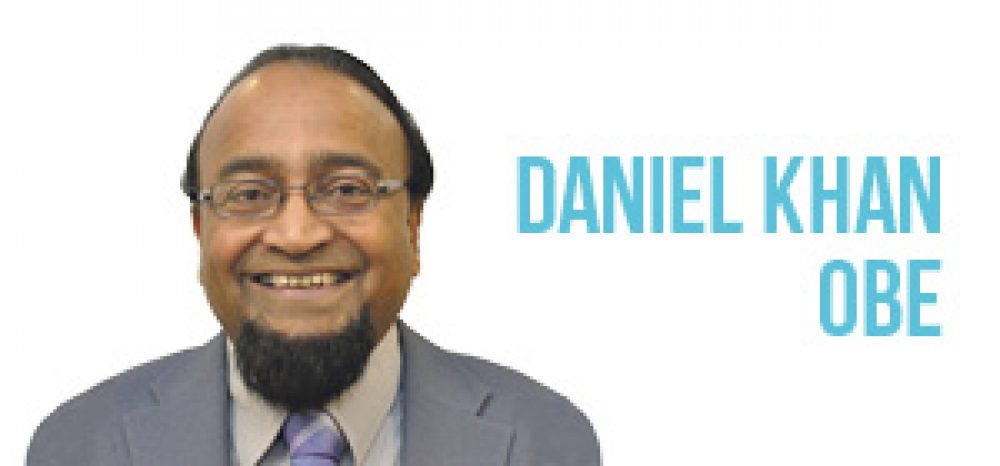Professor Daniel Khan OBE, chief executive of OCN London, offers a response to Sir Michael Wilshaw’s ‘Deptford not Delhi’ speech
ir Michael Wilshaw has a reputation for making controversial statements, and his speech at AoC’s conference this month has once again thrown him into the media spotlight.
The Ofsted chief inspector warned of the dangers of concentrating on attracting international students to FE colleges. He spoke of focusing on Deptford rather than Delhi, in a speech aimed to promote the recruitment of domestic learners.
However Sir Michael’s speech reveals a rather short-sighted and narrow-minded approach to FE. FE exports are valued at £1bn a year and international learners are important both culturally and economically to colleges and communities.
Are Sir Michael’s misguided comments based on arrogance or, perhaps, ignorance of the FE sector?
Sir Michael appears extremely close-minded in ignoring the advantages of a multicultural student body”
In May John Hayes announced an FE ‘Global Strategy’. The AoC conference in which it was launched encouraged colleges to open themselves up to international students and stakeholders. Hayes advocated an international strategy in order to create a mobile and culturally diverse student body, which will be well-placed in the global marketplace. By doing so, colleges and students will have the skills and knowledge required to compete against the most competitive emerging markets.
Furthermore, the government’s 2011 New Challenges, New Chances paper spoke of the increasing demand for technical and vocational skills and their importance to sustained economic growth. Hence, the government has demonstrated its commitment to ensuring colleges remain focused on international recruitment.
In the light of such commitment, Sir Michael’s words seem somewhat ill-informed.
He also woefully ignores that students from across the globe do not just benefit the college in which they study, but the community as a whole. International students bring their own traditions, enriching the local area culturally. They can help in widening the horizons and experiences of local students, exposing them to new values, beliefs and opportunities.
He appears extremely close-minded in ignoring the advantages of a multicultural student body. An influx of international learners can offer a wealth of experience to our students, colleges and communities.
Aside from cultural concerns, foreign students are also of enormous benefit economically, to both the communities in which they live and the country as a whole. Such economic value extends well beyond their fee payments. International students, especially those arriving with expertise, can fill skill gaps and generate new economic growth during study and after graduation. This is particularly the case in students from emerging markets, primarily China and India, who bring with them cutting edge technical expertise. At the same time, the local economy also benefits from ‘subsistence’ spending, the money that students spend on goods and services outside their studies. Inevitably local businesses profit from such expenditure.
A good example of a college’s success in tapping into the international market is the Grimsby Institute of Further and Higher Education. In conjunction with major local employers, the college helped create an Institute of Food and Fisheries. It did so to meet the needs of the industries based in the town, the largest concentration of food industries in Europe. The Grimsby institute recognised an excellent opportunity to provide expert training and consultancy in this area.
Since its creation it has been recognised internationally and attracted students from across the globe to its programmes. This has enabled local students to integrate with people of diverse backgrounds, which they would need to do when working in a global economy.
In the light of these considerations, Sir Michael’s words seem ill-judged and short-sighted. He fails to see the wider perspective and the importance of an international outlook for colleges.
The creation of an international student body extends beyond bringing in money for the College; it diversifies the local community and boosts the economy with new skills and innovation.
If colleges follow Sir Michael’s advice they are in danger of sacrificing their share in the country’s best export and compromising the strength of the FE sector as a whole.









Your thoughts